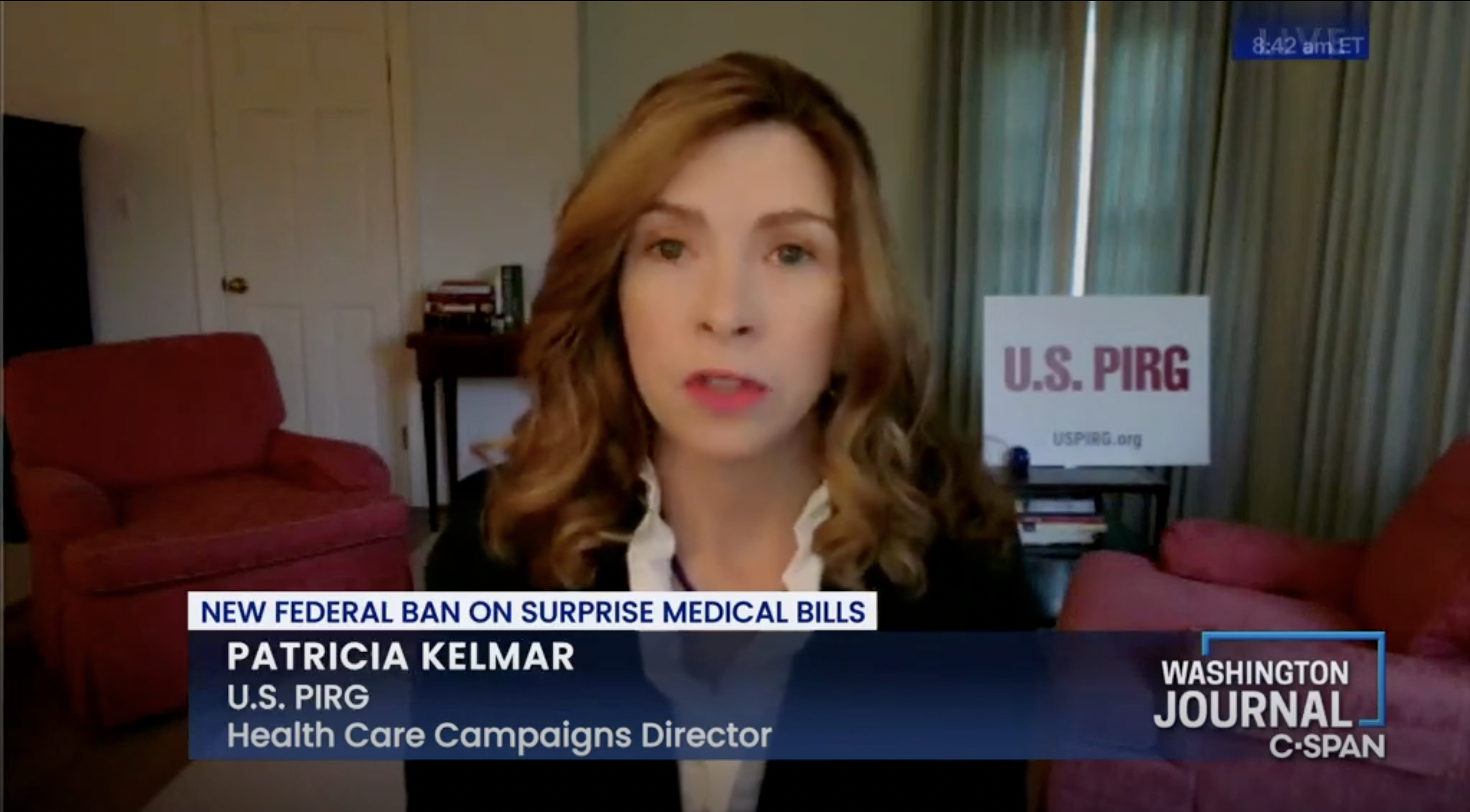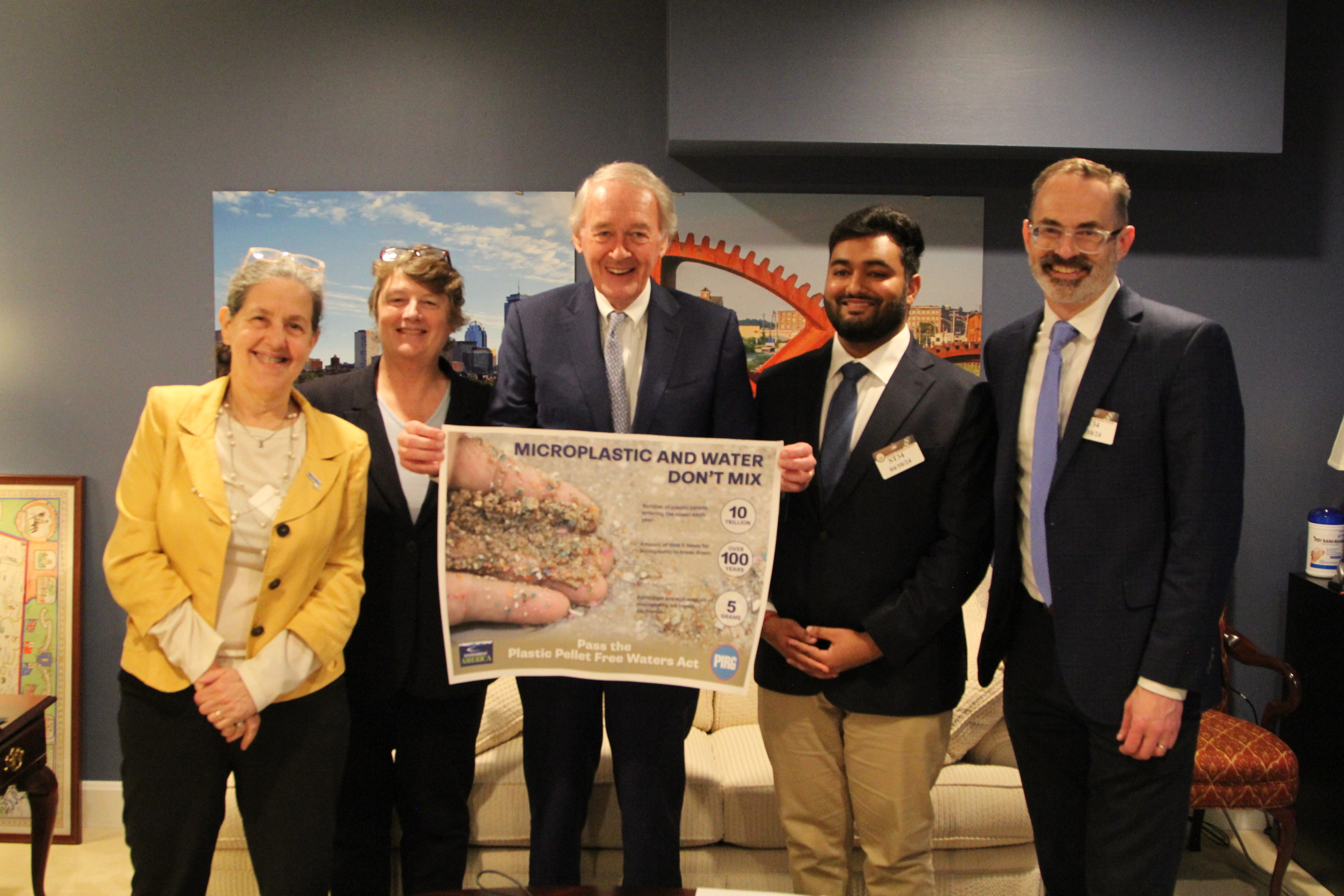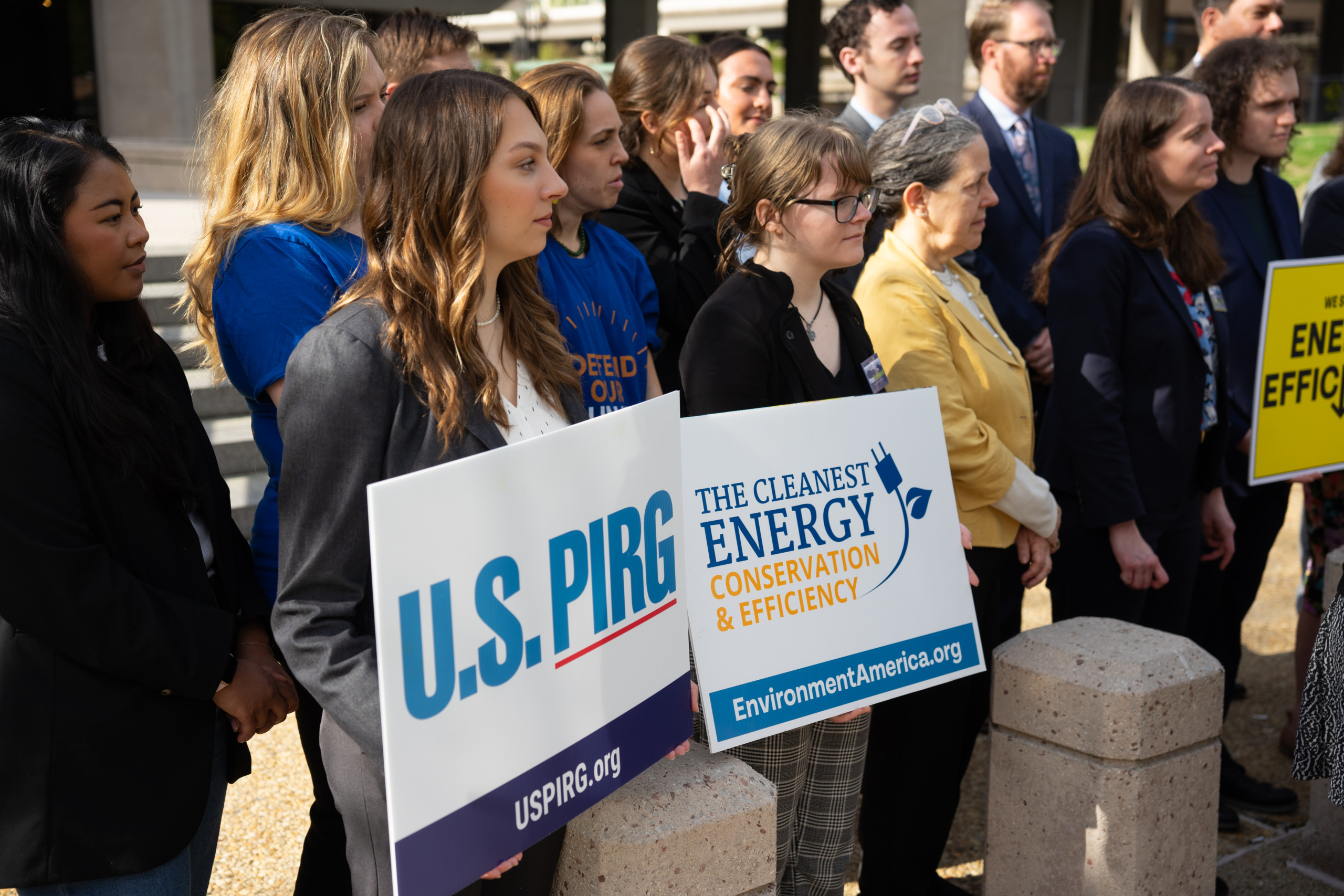
About time we reined in skyrocketing prices for prescription drugs
Medicare and Medicaid to negotiate prescription drug prices is a start, more reforms are needed.

My letter was published in the Boston Globe, 9.4.23
Re “10 drugs on list for Medicare price talks: Advocates for seniors hail savings, while Mass. biopharmas fear effects” (Page A1, Aug. 30): Despite the mixed reaction indicated in the headline, we the people are winners as we begin reining in excessive prescription drug prices. Skyrocketing prices lead to higher health care premiums, higher taxes to pay for Medicare and Medicaid, and higher costs at the pharmacy counter.
According to the state Center for Health Information and Analysis, prescription drug spending increases outpace other health care spending in Massachusetts. Spending on prescription drugs grew 7.7 percent in 2020, more than twice the 3.1 percent state benchmark for increases in overall health care spending.
President Biden’s plan to allow Medicare and Medicaid to negotiate prices for some prescription drugs unraveled an absurd prohibition the pharmaceutical industry pushed through Congress 20 years ago.
Negotiation is crucial as drug companies keep US prices inflated by blocking generic competitors through patent-extending tactics. It’s not that way everywhere. For example, in the European Union’s more open market, two of the drugs on the president’s list — Eliquis and Enbrel — already have competition. Americans must wait five more years for Eliquis’s generic competitors and six more for Enbrel’s.
Unsurprisingly, the pharmaceutical industry opposes the plan. The rest of us are all in. We’ll need more reforms for a fairer medication marketplace, but this is a great start.
Deirdre Cummings
Legislative director
Massachusetts Public Interest Research Group
Boston
The writer is also the consumer program director for the MassPIRG Education Fund.

See the Campaign

High Value Health Care
Topics
Updates

MASSPIRG goes to Washington to tackle plastic pollution and energy waste

Lobby day secures bipartisan support for the Plastic Pellet Free Water Act

Stop The Overuse Of Antibiotics
Panera Bread backs off of no antibiotics policy

Energy Conservation & Efficiency
Groups urge Biden to ‘Finish the job’ on appliance efficiency

Energy Conservation & Efficiency
